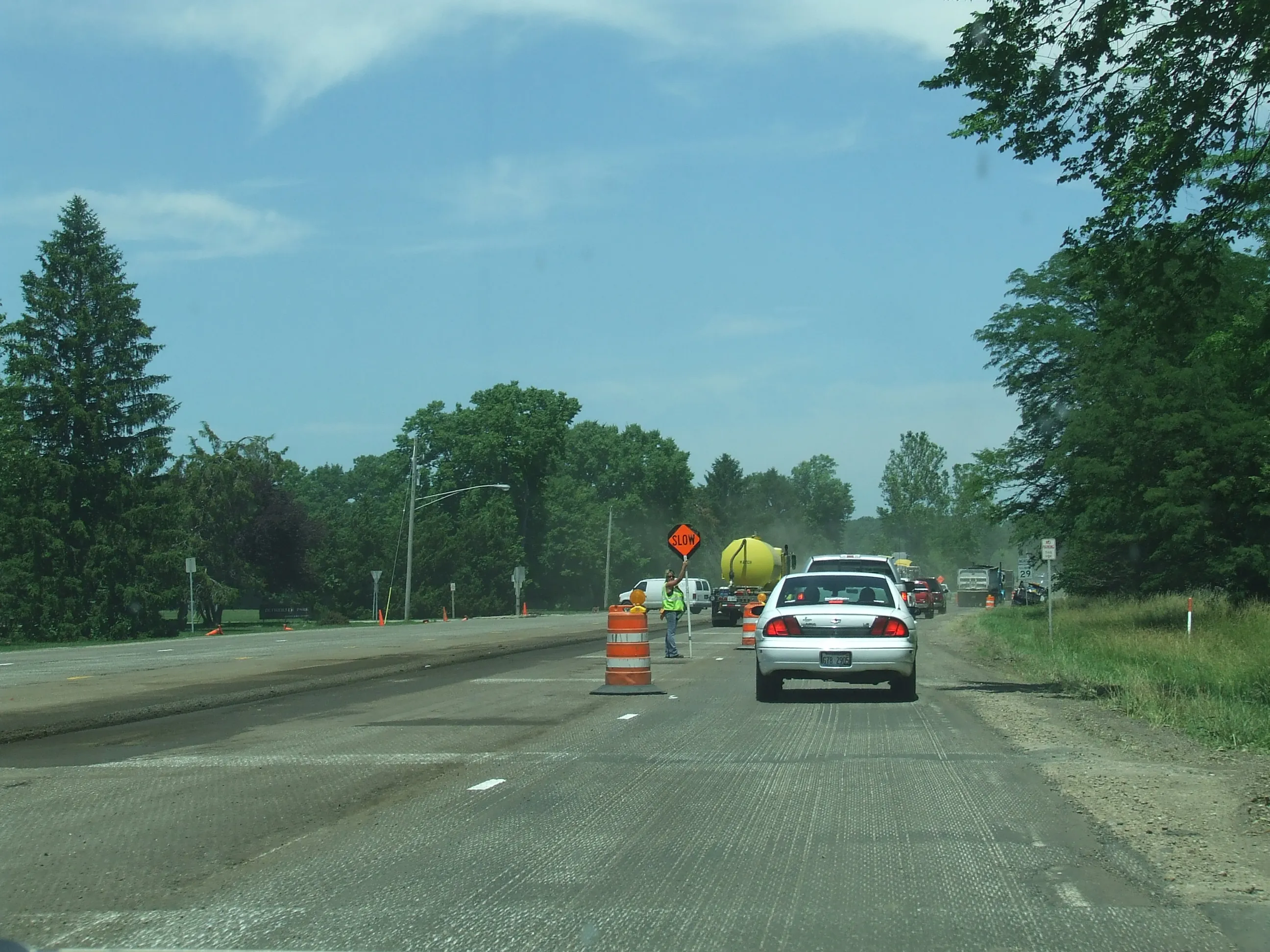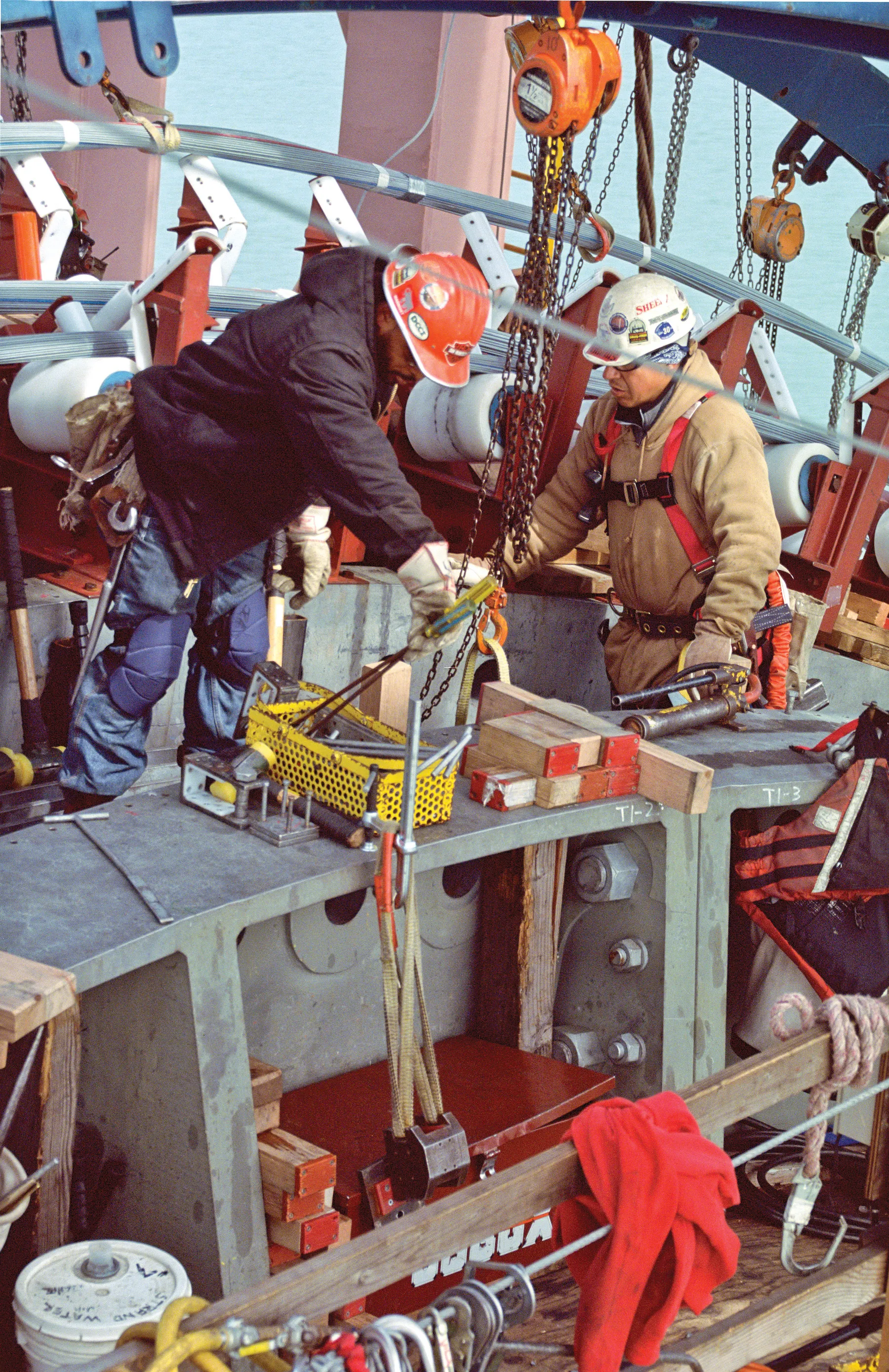US infrastructure spending looks set to benefit from state initiatives.
By MJ Woof
November 17, 2020
Read time: 2 mins

Up to 18 states in the US will see major infrastructure developments following moves to ensure funding. An analysis by the American Road & Transportation Builders Association (ARTBA) highlights the move. This shows that voters in 18 states have approved a record 94% of state and local ballot initiatives to date, providing an additional US$14 billion in one-time and recurring revenue for transportation improvements.
Results are still pending for 13 measures, but the analysis by ARTBA’s Transportation Investment Advocacy Center (ARTBA-TIAC) indicates voters approved 303 of 322 initiatives, the highest approval rate in the 20 years ARTBA has been tracking initiatives.
“More than ever before, these results prove that improving transportation infrastructure is something Americans voters strongly support,” said ARTBA senior vice president and chief economist Dr Alison Black.
Arkansas voters approved the renewal of a half-cent sales tax increase. The measure, originally approved by voters in 2012, is projected to raise approximately $205 million annually for state highways and $44 million annually for localities.
In Austin, Texas, more than two-thirds of voters endorsed a $7.1 billion transportation bond. Revenue raised by the bond offering will fund the initial and ongoing costs of Project Connect, a transit plan anchored by two high-capacity light rail lines serving the city’s densest neighbourhoods.
Historically, most transportation measures are placed on the ballot in even-numbered years when congressional or presidential elections drive higher turnout. This year, the impacts of COVID-19 caused several notable measures to be dropped. These included measures in the California’s Bay Area, Sacramento, and Riverside counties that were expected to raise over $100 billion in revenue over the next 40 years. Proponents are expected to try again in the next election cycle.
The approved 2020 measures will support $12.7 billion in new transportation investment revenue and $1.3 billion in continued funding through tax extensions, renewals or protections.






